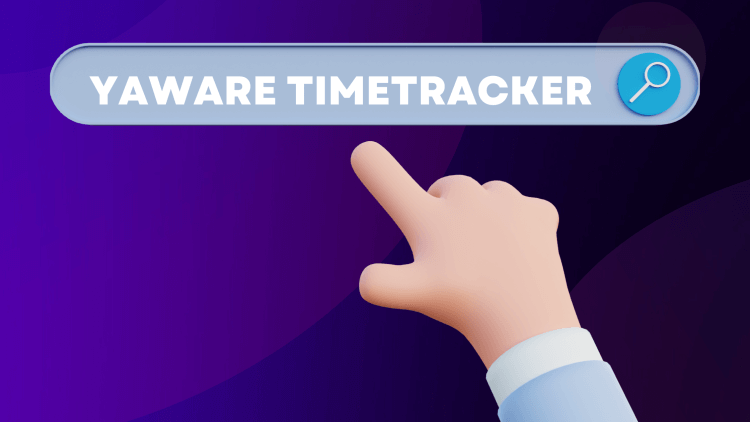On Producthunt a survey was posted on whether the work of a time tracker in a company affects the level of trust between an employee and an employer.
There were responses in the comments that it was just a tool for tracking time spent and invoicing clients. And it is also a way to find out what needs to be improved in employees' work.
However, the crux of the problem is that employees are averse to tracking their workday. They think the time tracker will violate their personal space, store personal data, and behave like a real spy. In the article, we will consider how time accounting differs from espionage.
Time tracker and spy: the main differences
Different types of applications for collecting information, spyware, and time trackers are all under the same umbrella because they are similar in functionality. It puts people on alert, raising fears of surveillance and identity theft.
But in reality, there is a big difference between them. If you understand it, you can not only avoid unnecessary stress and unfounded fears but also achieve better results with the help of new tools.
What is the difference between spyware and trackers?
Human consent
Malicious programs are installed on your computer without your knowledge. Integration of the time tracker on a computer or laptop is possible after the employee's consent.
Useful functions
Time trackers can be used for their own needs, for example, by freelancers or remote workers. No one will install spyware of their own free will. Trackers show the user monitoring statistics, and malware hides the collected data.
Purpose of monitoring
Espionage is the covert observation of the user's actions and collecting of confidential information for personal purposes, often in violation of the law. Timekeeping is activity monitoring that protects company data, increases employee efficiency, and improves reporting transparency. Usually, such software helps you bill objectively on an hourly basis. Think about how your team's productivity can change after installing such software.
The main functional differences
What data can spyware collect?
- Recording of telephone conversations.
- Microphone and camera tracking.
- Location history tracking.
- Eavesdropping on conversations.
- Theft of bank details.
- Providing intelligence.
- Access to social networks.
- Screenshots of messengers and mail (correspondence).
- Keylogger – registration of keystrokes.
The time tracker is necessary to automate the accounting of employees' working hours, to see overtime statistics and the state of team productivity. It includes a list of the following indicators:
- Fixation of the beginning and end of the working day.
- List and duration of use of programs.
- Fixation of time off, weekends, sick leave.
- Management of tasks and projects.
- Invoicing customers.
- Salary calculation and creation of a timesheet.
- Taking into account the duration of online and offline meetings, meetings, and breaks.
- Control of employee discipline.
- Reporting according to the results of the day, week, and month.
You can study more detailed statistics and a list of reports at the link.
And finally, a comment from Ruslan Savchyshyn, the founder of the Yaware company, which does not lose its relevance from year to year:
“We do not control how Yaware TimeTracker is used, but we advise how to make it comfortable for both parties. It is correct when Yaware is presented as a tool for increasing efficiency and self-discipline. It is wrong to position and uses it as espionage.”

